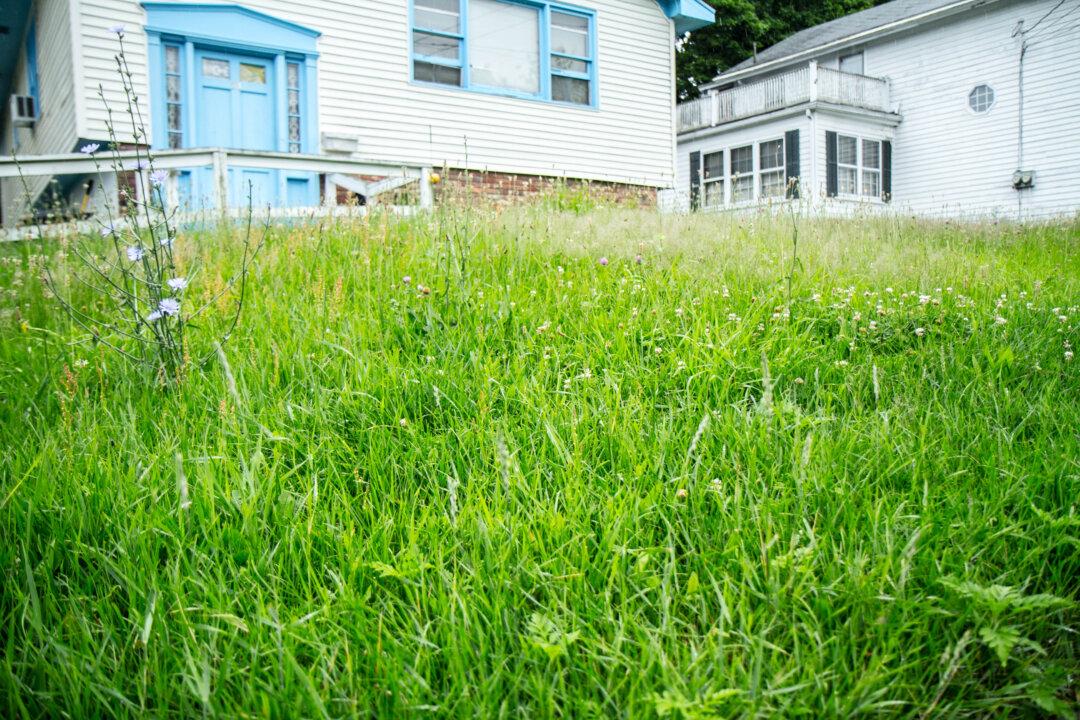MIDDLETOWN, N.Y.—While more of an offense to they eyes than a threat to safety or business, overgrown lawns are a common complaint at city, town, and village meetings across the county.
Nancy Dillon, who until a few months ago had two vacant houses on either side of her home in Port Jervis, said it’s about all the hard work other people put into making the their own yards look nice that peeves her.
“Everybody’s trying to keep their property so nice and then you have something like that,” she said pointing at the house to the west of her that had an overgrown lawn. “It just kind of upsets you.”
It just kind of upsets you.
, Port Jervis home owner





